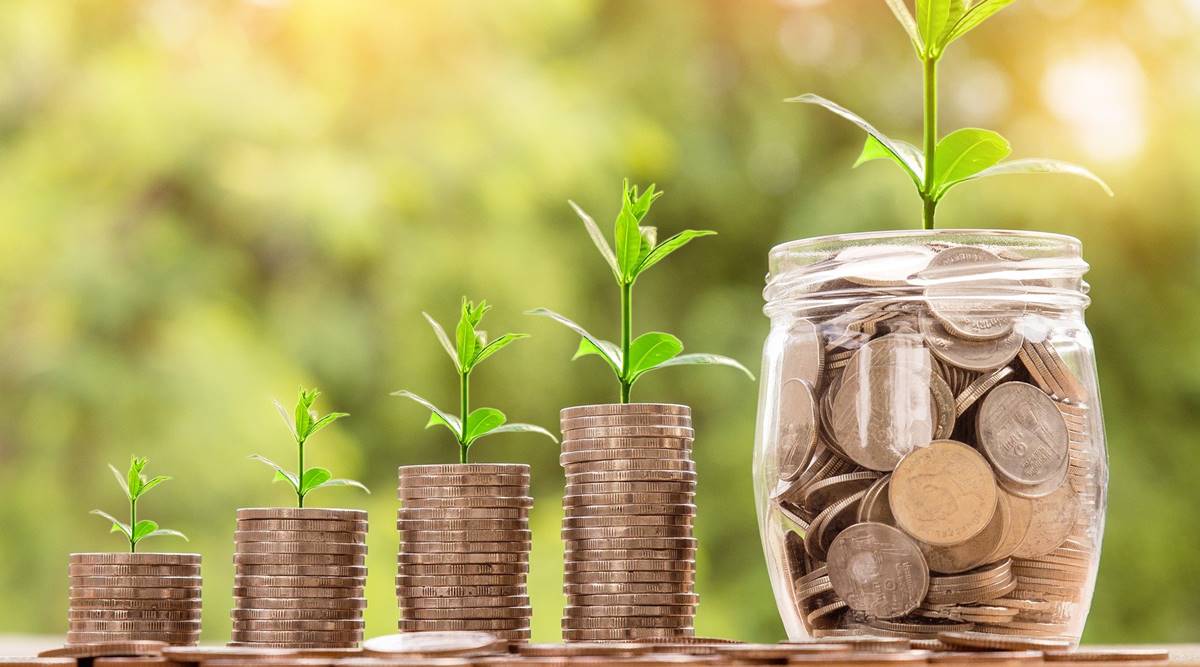You must have heard about some investors who can earn high returns on their investments. One common trait among them is that such investors have learned the skill of balancing risk and returns.
You know that investing in equities is risky, but such investments may deliver huge returns when done right. Acquiring the skills to balance risk and returns is not difficult; however, it does take a long time. Here are ways in which you may manage the investment risks:
- Thoroughly know your investments
- If you do not have in-depth knowledge, diversify your portfolio and include diversified mutual funds, Exchange-Traded Funds (ETFs), and non-related instruments.
Therefore, it is important to learn more about these instruments to earn a higher return on investment. Another important factor is to invest for the long-term.

Invest for the long-term
If you buy risky instruments, it is prudent to hold them longer. The associated risks are significantly reduced when you stay invested for a longer period (exceeding five years).
The markets are more volatile in the short term and may not deliver higher returns. Historically, stocks have performed well when you invest for a longer time. This is because strong fundamentals of the companies take time to deliver results, which is reflected in their stock prices. Therefore, when you remain invested for a long time, you can gain through the effects of strong fundamentals.
Understanding higher returns
You hear about investments with high returns. However, what does high return mean? To know more, you must understand the following terms:
- Risk-free rate: You earn this return from your investments without in-depth knowledge. Some examples include fixed deposits (FDs) and government bonds.
- Risk premium: The returns earned over the risk-free returns are known as the risk premium. A higher premium delivers greater returns and vice versa.
High returns = Risk-free rate + Risk premium
Some points on the risk premium
- Some investment options like liquid funds and savings accounts have a negative risk premium
- Instruments such as gold, debt funds, and FDs have a risk premium close to zero
- Equity mutual funds, stocks, and real estate have a positive risk premium
You may handle high-risk, high-return investments through the following:
- Holding the assets for a longer period
- Buying these at below fair price
- Investing in only high-quality instruments
The higher returns must be broken into two parts: risk-free rate and risk premium. The risk-free rate is available online and generally is the yield on a 10-year government bond or 10-year fixed deposit. You must add your expected risk premium to determine the potentially higher returns.
Tips to earn higher returns
1. Invest for the long-term
You must invest in a good-performing mutual fund and remain supported for about seven years. You must always be aware of the risk premium and use the formula to determine expected returns.
2. Diversify your portfolio
The risk of losing all your capital investment is huge when you choose to invest in high-return instruments. Using portfolio diversification is very important to reduce the possibility of large losses; Diversification is nothing but including multiple investment products within your portfolio. In case one product is facing a loss, it may be negated or mitigated through the other financial instruments included in your portfolio.
3. Avoid being greedy
Earning higher returns is common; however, it entails greater risk. You must make and follow a prudent investment plan to earn higher returns. It would help if you thought out of the box and included non-common financial products to earn potentially higher returns.
High returns investment products
1. Overseas company stocks
The Reserve Bank of India (RBI) allows you to invest up to INR 1 crore. In international company stocks. As per the 2004 Liberalized Remittance Scheme, you may invest in global companies without needing an RBI approval. You may open an account in a foreign bank and remit up to USD 75,000 per year, which may be used to buy overseas stocks.
2. Company FDs
Compared to bank FDs, company-issued FDs deliver 2%-3% higher returns. You must check the credit ratings of these FDs to make an informed decision. However, it would help if you bought FDs from reliable and fundamentally strong companies.
3. Pre-launch real estate properties
Developers offer competitive rates for properties before their launch. If you invest at this time, you may be able to double your investments by the time the property is ready for occupation. However, there is a risk of delays or stoppage if the builder does not have permission to construct.
4. Small and mid-cap mutual funds
During the last five years, the stock market has seen significant volatility. Most investors do not invest in lesser-known companies. However, such companies offer excellent returns, and t one way to invest in these is through small and mid-cap funds. You should invest through a Systematic Investment Plan (SIP) and stay invested for a longer period to earn higher returns.
5. Index funds
Such funds track the performance of indices like SENSEX and Nifty. Index funds are an excellent diversified investment product. These include blue-chip companies offering risk diversification. In the long term, index funds provide higher returns at medium risk.
To find the best investment plan with high returns, you must research the various options. This can easily be done online, where you compare different products on a single page, making it convenient and time-saving.
Read Full Article















